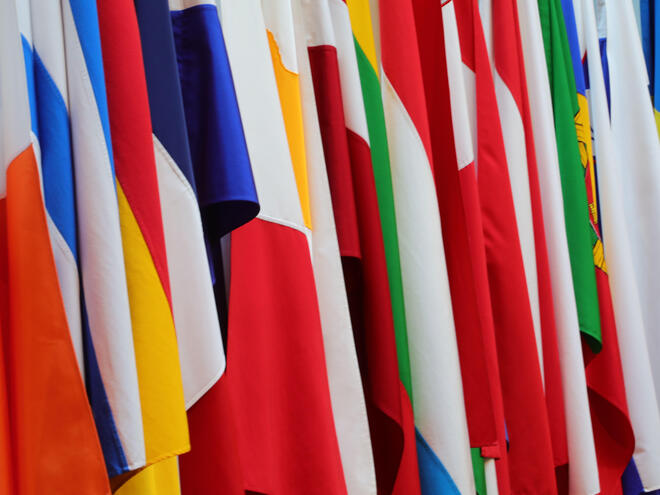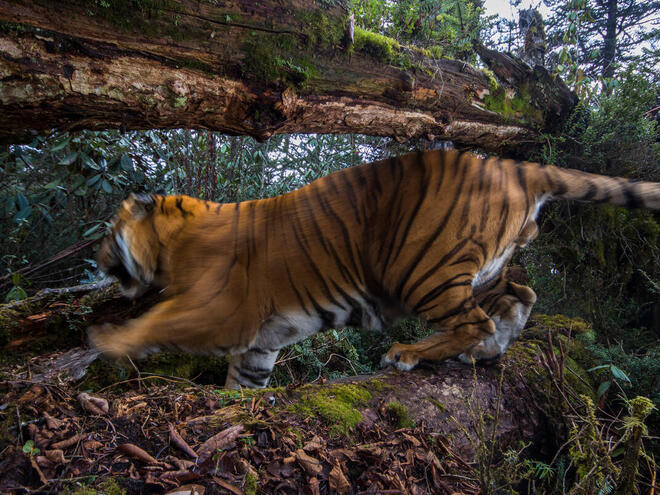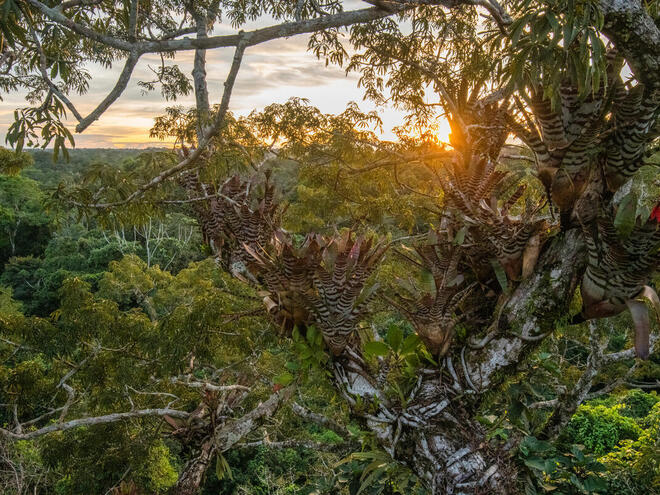 By conserving wildlife, from otters and elephants to tigers and oysters, we help protect the planet, including ourselves.
By conserving wildlife, from otters and elephants to tigers and oysters, we help protect the planet, including ourselves.Published November 28, 2022 at 06:00PM
View on Worldwildlife.org
The Chicago Health Academy for Medical and Pharmacy Education Interdisciplinary Studies Project: a collaboration between Chicago State University School of Pharmacy, Roosevelt University School of Pharmacy, UIC Urban Health Program, and the City Colleges of Chicago
 By conserving wildlife, from otters and elephants to tigers and oysters, we help protect the planet, including ourselves.
By conserving wildlife, from otters and elephants to tigers and oysters, we help protect the planet, including ourselves. All international climate talks begin with high hopes, and COP27 was seen as the moment for implementation and climate justice. Instead, it may be remembered as the COP of unmet expectations.
All international climate talks begin with high hopes, and COP27 was seen as the moment for implementation and climate justice. Instead, it may be remembered as the COP of unmet expectations. Snares, rudimentary traps that people have set by the millions on forest floors and snowy mountain pathways across Asia, are barely visible to the eye and a fatal danger to all wildlife.
Snares, rudimentary traps that people have set by the millions on forest floors and snowy mountain pathways across Asia, are barely visible to the eye and a fatal danger to all wildlife. A new program would transfer recycling responsibilities to the companies that use these materials for their products and packaging.
A new program would transfer recycling responsibilities to the companies that use these materials for their products and packaging. Water overuse, infrastructure, changes in the amount of rainfall, increased temperatures, and the climate crisis are decreasing the amount of water that has historically flowed in the Rio Grande.
Water overuse, infrastructure, changes in the amount of rainfall, increased temperatures, and the climate crisis are decreasing the amount of water that has historically flowed in the Rio Grande.
 Ambitions and promises need to translate into action, and at this COP, we will be looking for moments where we can set the stage to begin the real work and challenges around decarbonization.
Ambitions and promises need to translate into action, and at this COP, we will be looking for moments where we can set the stage to begin the real work and challenges around decarbonization. WWF works with large retailers, producers, and associations to secure commitments to support conversion-free farmed seafood.
WWF works with large retailers, producers, and associations to secure commitments to support conversion-free farmed seafood.The Calculus of Survival: 5 Surprising Lessons from the Urban "Ecology of Fear" 1. The Squirrel as a High-Stakes Day Trader In the...